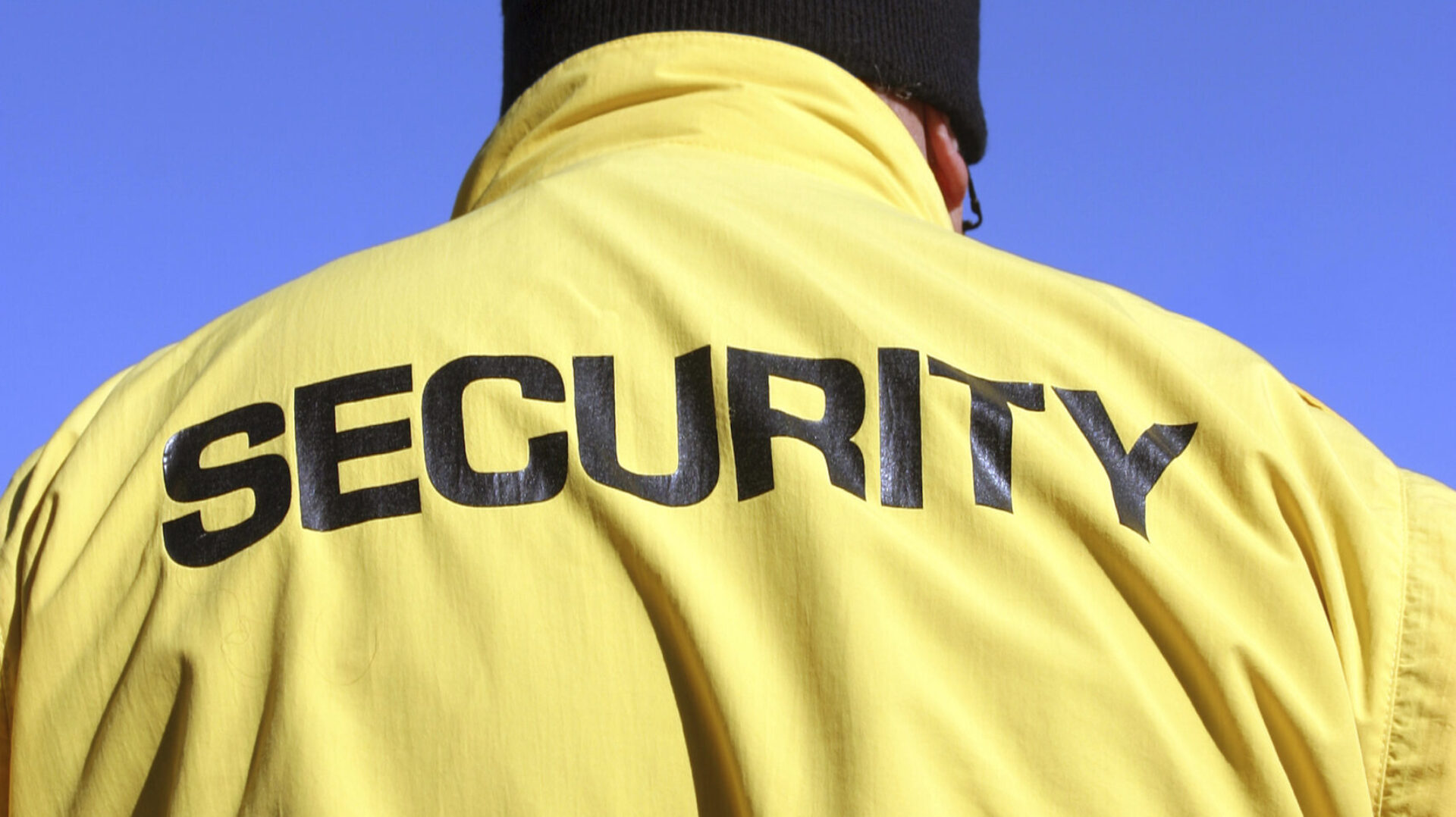In Baltimore, Jamal Davis, a 23-year-old security guard, was shot and killed while working at a McDonald’s on Reisterstown Road. His story is heartbreaking yet disturbingly familiar in an industry that demands so much and offers so little. The job of a security guard—once considered a routine role ensuring public safety—has become increasingly dangerous as societal challenges escalate.
Across the globe, security guards are standing on the frontlines, protecting businesses, malls, and individuals against theft, violence, and increasingly brazen crimes like smash-and-grab robberies. Yet their sacrifices are often overshadowed by the high-profile recognition given to police officers or other emergency responders. For security guards, there are no large funerals attended by government officials, no ceremonial bagpipes, no pensions, and no promises of systemic change in the aftermath of their deaths.
It begs the question: Isn’t it time to recognize security guards as the critical first responders they are and treat them accordingly?
A Job That Has Become Increasingly Dangerous
What happened to Jamal Davis isn’t an isolated incident. News stories like this one remind us of the inherent risks security guards face daily. These individuals confront criminals armed with weapons, often without adequate training or resources to protect themselves. In some cases, they are tasked with de-escalating volatile situations, even as businesses cut costs by hiring guards at lower wages without ensuring sufficient support.
Consider this:
• Weapons Are Everywhere: Guards are expected to confront perpetrators armed with hammers, firearms, and other deadly weapons in environments like shopping malls and jewelry stores.
• Minimal Recognition or Compensation: Unlike police officers, security guards are often underpaid and underinsured, with limited access to life insurance or pension benefits for their families in the event of a tragedy.
• Lack of Standardized Training: In many jurisdictions, training requirements for security personnel are minimal, leading to inconsistencies in their ability to manage high-stakes situations.
A Call for Systemic Change
The security industry needs a fundamental shift in how guards are trained, regulated, paid, and supported. Policymakers, businesses, and society at large must recognize the critical role these individuals play in maintaining public safety.
Here’s what must happen:
1. Enhanced Training and Certification: Security guards need more comprehensive and standardized training to handle the complex and dangerous situations they encounter. This training should be tailored to specific environments, from retail stores to high-risk locations like banks or late-night restaurants.
2. Fair Compensation and Benefits: Guards deserve competitive wages, health insurance, and pensions to reflect the risks they take on the job. Death benefits and life insurance should be standard for every security officer.
3. Regulation and Oversight: Governments must implement stronger regulations to ensure companies provide proper resources for their guards. Oversight can ensure accountability in the industry.
4. Recognition and Support: Security guards deserve the same societal respect afforded to other first responders. Public acknowledgment of their sacrifices would pave the way for greater empathy and systemic change.
The First Line of Defense
Every day, security guards put their lives on the line to protect our communities. They are often the first to respond to emergencies, yet their contributions remain largely unrecognized. The tragic death of Jamal Davis should serve as a wake-up call. These men and women are not just “guards”—they are protectors, mediators, and lifesavers in an increasingly unpredictable world.
Legislators, businesses, and the public must no longer turn a blind eye to the sacrifices of the “forgotten protectors.” It is time to demand better training, regulation, and compensation for the individuals who stand between us and chaos. Their lives matter, and their work is essential.
Let us ensure that Jamal Davis did not die in vain. Let his story ignite a movement for change in an industry that can no longer afford to remain neglected.
For more articles on the critical issues facing security guards, visit The Guard Desk. Let’s keep the conversation alive and advocate for the people who protect us.
https://www.cbsnews.com/baltimore/news/security-mcdonalds-baltimore-shooting-maryland-jamal-davis
